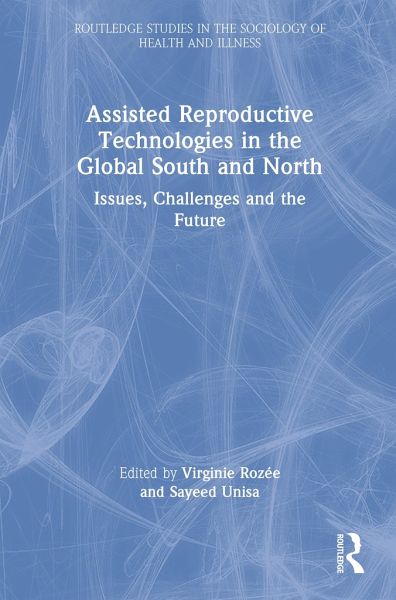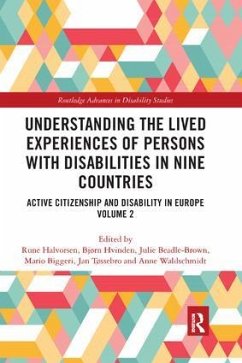
Assisted Reproductive Technologies in the Global South and North
Issues, Challenges and the Future
Herausgeber: Rozée, Virginie; Unisa, Sayeed
Versandkostenfrei!
Versandfertig in 1-2 Wochen
55,99 €
inkl. MwSt.

PAYBACK Punkte
28 °P sammeln!
Assisted Reproductive Technologies in the Global South and North critically analyses the political and social frameworks of ART, and its impacts in different countries. In the context of a worldwide social pressure to conceive - particularly for women - this collection explores the effect of the development of ARTs, growing globalisation and reproductive medicalization on global societies. From a multidisciplinary perspective and drawing on multisite studies, it highlights some new issues relating to ART and discusses some older issues regarding infertility and its medical treatment.












